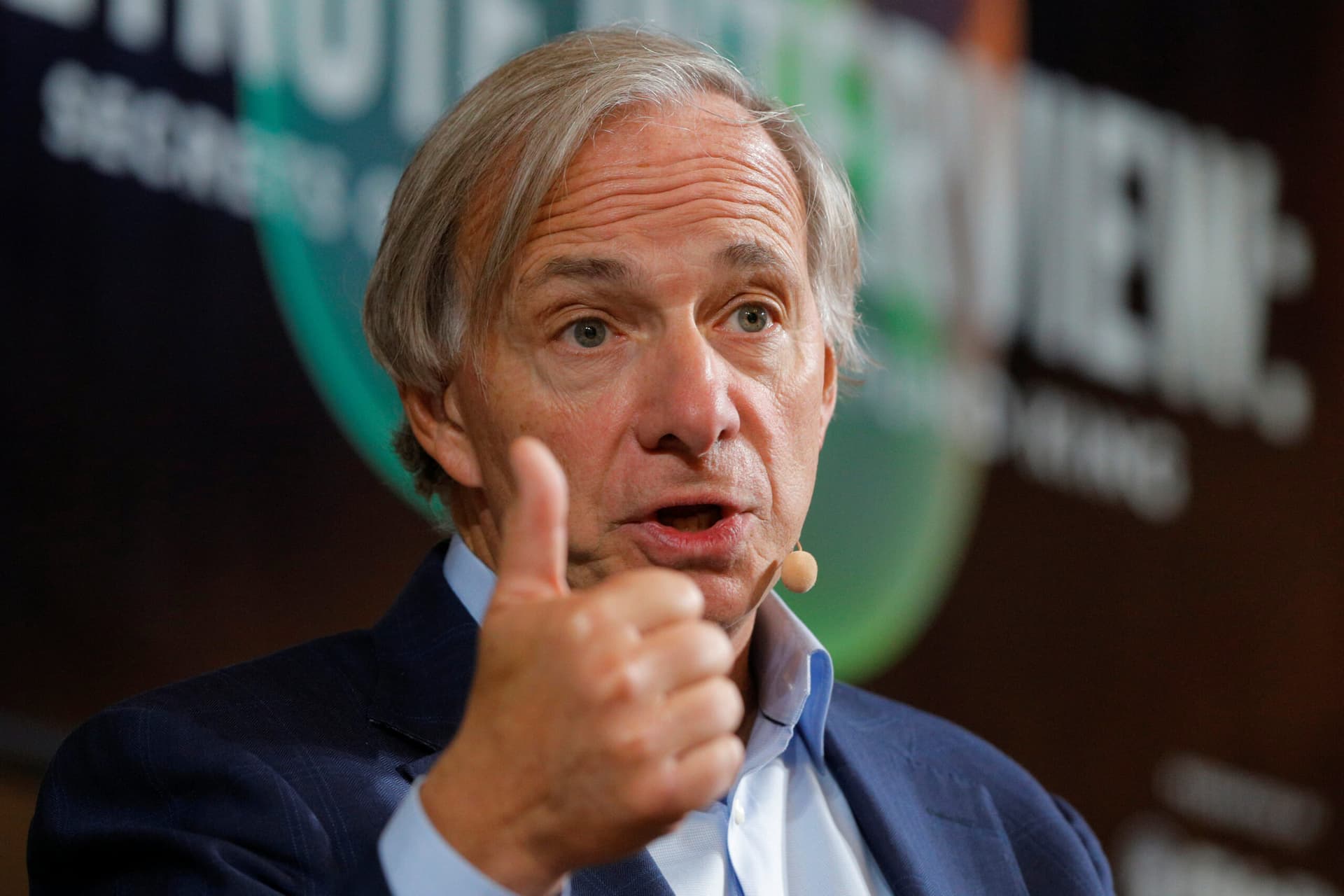Ray Dalio and Thomas Friedman discuss China’s Confucianism way of thinking and how it affects China’s foreign policy. China views itself as a family and its country as an extended family. Confucianism is a top-down, hierarchical philosophy based on strict parenting. They focus on mutual respect between those who are more powerful and those who are less powerful. China is not out to conquer the world, and China’s rise to power was a result of a clear policy laid down by Deng Xiaoping.
Deng Xiaoping shifted towards a more autocratic approach due to the challenges faced by China, including the risk of democracy becoming anarchy during difficult times. However, the decision-making process in China is very top-down, which makes it difficult to run the country effectively, as it requires almost complete control from the top. Additionally, people are fearful of making decisions, and there is now a great world conflict, which is having an effect on Chinese companies, making them consider setting up businesses outside of China. Meanwhile, countries such as Russia are struggling due to cultural problems with corruption, disorder, fragmentation, and a lack of creativity and technological development. He also mentions India as a winner in the competition between China and the United States due to their low cost of an educated person, low level of indebtedness, and advances in technology development.
Friedman notes the limitations of China’s AI due to their two to four-year delay in chip development and the barrier of information that their impermeable bubble creates. Dalio emphasizes the next 18 months to two years will be a period of great disorder due to the ongoing tightening of financials and not seeing the consequences.
